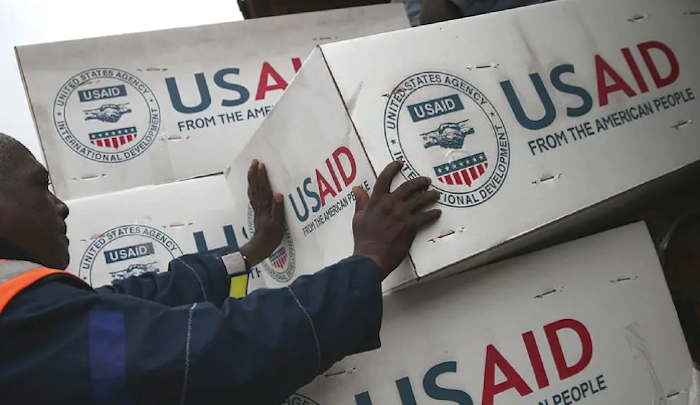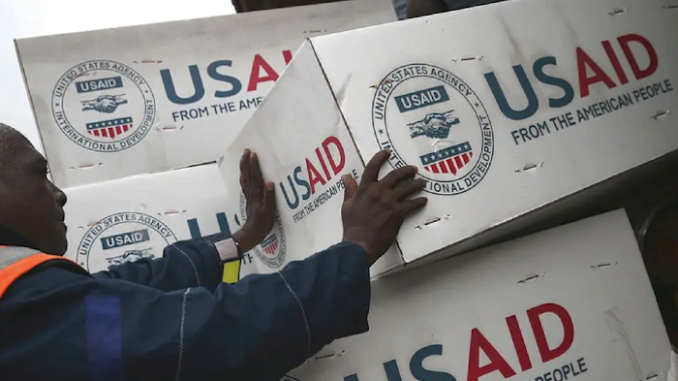

A US federal judge has temporarily halted key parts of the Trump administration’s sweeping effort to dismantle the US Agency for International Development (USAID), allowing approximately 2,700 employees to return to work.
US District Judge Carl Nichols, a Trump appointee, issued the order on Friday, granting partial relief to the largest federal workers’ union and an association of foreign service officers who sued to stop the administration’s efforts.
Nichols’ ruling, which will remain in effect until February 14, blocks the administration from implementing its plan to place about 2,200 USAID workers on paid leave and reinstates 500 employees who had already been furloughed. It also prevents the forced relocation of USAID humanitarian staff stationed abroad.
However, Nichols denied other requests from the unions, including reopening USAID offices and restoring funding for grants and contracts.
At a court hearing earlier on Friday, Karla Gilbride, a lawyer representing the unions, argued that the administration’s actions “were all done in excess of the executive’s authority in violation of the separation of powers.”
Brett Shumate, a Justice Department official, defended the move, telling the court that the decision to furlough 2,200 USAID workers stemmed from Trump’s belief that the agency was rife with corruption and fraud.
Trump reiterated this stance in a Truth Social post on Friday, alleging—without evidence—that corruption at USAID was “AT LEVELS RARELY SEEN BEFORE. CLOSE IT DOWN!”
The administration’s push to gut USAID has been spearheaded by billionaire Elon Musk, a close Trump ally who has taken the lead in shrinking the federal bureaucracy.
Since taking office on January 20, Trump has aggressively moved to freeze US foreign aid, aligning it with his “America First” policy. His executive order halted billions in humanitarian assistance, with the State Department issuing global stop-work directives that have left critical aid programmes in limbo.
Experts warn that the freeze could have dire humanitarian consequences, as USAID played a pivotal role in disbursing $72 billion in global aid last year, funding initiatives ranging from women’s health and clean water access to HIV/AIDS treatment and anti-corruption programmes. In 2024, the US accounted for 42% of all humanitarian aid tracked by the United Nations.
Nichols is set to consider a longer-term pause on the administration’s plans at a hearing scheduled for Wednesday.
.png)









 English (US)
English (US)